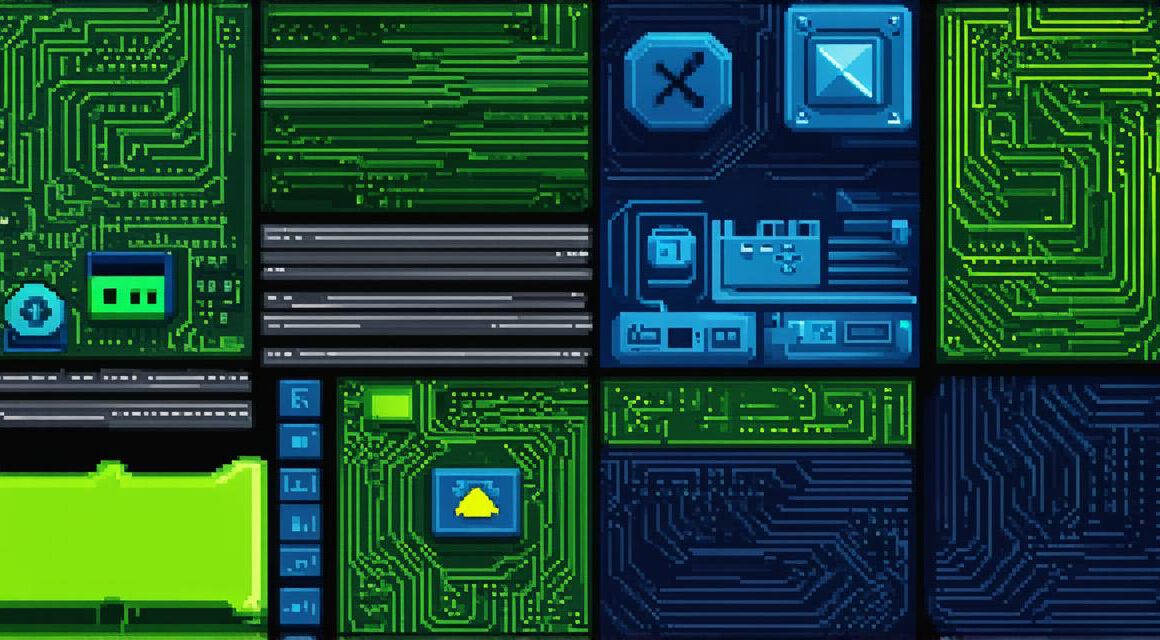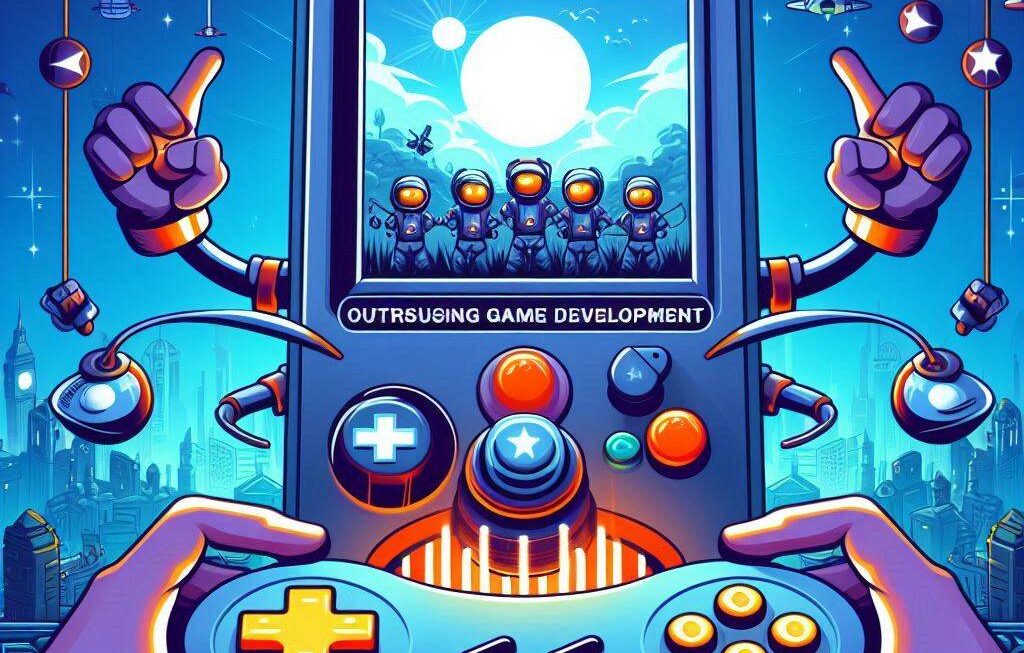As you progress in your game development journey, expanding your skillset can give you a competitive edge. Here are some advanced qualifications that can help you stand out in this dynamic industry.
Technical Skills: The Next Level
- Game Engines: Mastering engines like Unity, Unreal Engine, or Godot can open doors to more complex projects and collaborations. These tools provide a platform for creating games with less coding, allowing you to focus on design and innovation.
- Network Programming: Understanding network protocols and multiplayer game development can help you create immersive online gaming experiences.
- Virtual Reality (VR) and Augmented Reality (AR): As VR and AR technologies continue to evolve, proficiency in these areas can make you a valuable asset in the industry.
Creative Skills: The Innovator
- Sound Design: Creating immersive audio experiences is crucial for engaging players. Learning about sound design principles and using tools like FMOD or Wwise can help bring your games to life.
- User Experience (UX) and User Interface (UI) Design: A seamless user experience is key to player satisfaction. Understanding UX/UI design principles can help you create intuitive, enjoyable interfaces for your games.
Soft Skills: The Leader
- Project Management: As you take on larger projects, project management skills become essential. This includes planning, organizing, and leading teams to ensure projects are completed on time and within budget.
- Business Acumen: Understanding the business side of game development can help you navigate the industry more effectively. This includes knowledge of marketing, sales, and financial management.
Real-Life Examples

Take Shigeru Miyamoto, the creator of Super Mario Bros. and The Legend of Zelda. His innovative ideas and technical skills have made him a legend in the game development industry. His story serves as an inspiration for aspiring developers to push boundaries and think outside the box.
FAQs
- What about game development internships? Internships can provide hands-on experience, networking opportunities, and a chance to learn from industry professionals.
- Is it necessary to specialize in one area of game development? While it’s beneficial to have a strong focus, being versatile and adaptable can open up more opportunities in the industry.
In conclusion, the path to becoming a successful game developer is a journey of continuous learning and growth. Embrace these advanced qualifications, stay curious, and remember that every groundbreaking game starts with a leap of faith.



